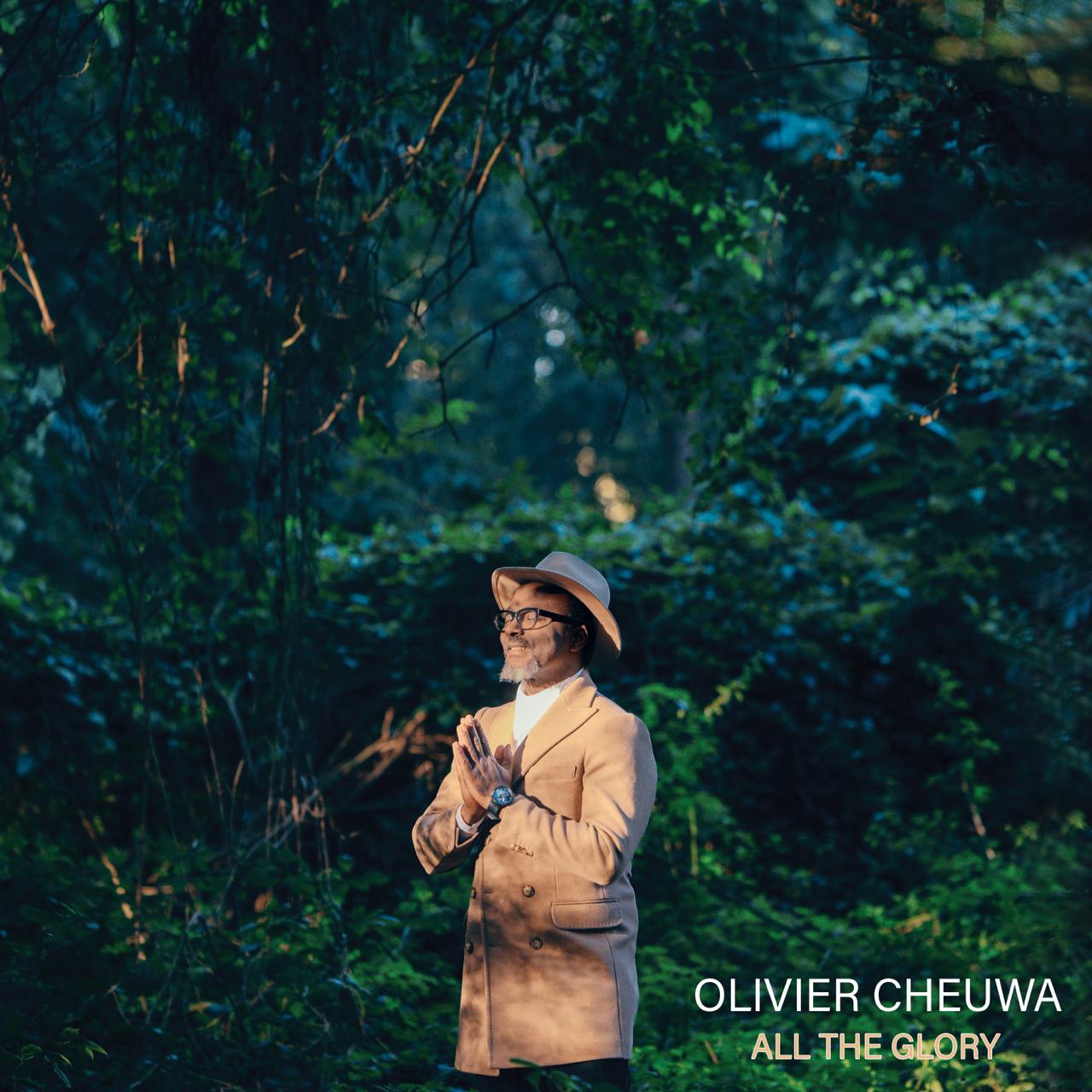We Speak Music
Olivier Cheuwa’s ‘All the Glory’: A Soulful Celebration of Gratitude and Growth

Olivier Cheuwa’s latest single, “All the Glory,” is a powerful reminder of his remarkable ability to merge Afrobeat, neo-soul, and gospel into a style that is uniquely his own. With roots in Cameroon and a musical upbringing steeped in gospel, Cheuwa has been building an impressive reputation for his expressive voice and cross-cultural sound. “All the Glory” is another step forward in his career, an uplifting song that captures the gratitude and resilience at the heart of his music.
Cheuwa’s versatility as an artist shines through on this track, where he combines elements from different genres and languages to create a universally appealing sound. The Afrobeat rhythms pulse with energy, inviting listeners to feel the music with their whole body, while the gospel and neo-soul influences bring depth and warmth. It’s a reflection of Cheuwa’s background and his ability to cross musical boundaries, creating songs that resonate with fans from around the world. In “All the Glory,” his genre-blending style feels seamless, adding richness and dimension to the listening experience.
Vocally, Cheuwa delivers one of his most compelling performances yet. His voice soars over the rhythmic beats, imbued with both emotion and precision. The song’s chorus is particularly memorable, with Cheuwa’s soulful voice capturing the essence of his message. His vocal control and expressiveness create an emotional connection with listeners, making them feel the gratitude and hope that he communicates so effortlessly. It’s clear that Cheuwa’s time on stages around the world has honed his ability to engage and move audiences.
The lyrical content of “All the Glory” reveals Cheuwa’s reflective side, as he thanks God for life’s highs and lows. His message of gratitude and growth is as relatable as it is uplifting, encouraging listeners to embrace their journeys with grace. Each line is a testament to his personal and spiritual growth, echoing the sentiment that even the hardest moments are part of a bigger picture. This underlying message makes “All the Glory” not just a catchy track, but also a meaningful anthem that fans can return to for inspiration.
With “All the Glory,” Olivier Cheuwa has added another hit to his discography. His fusion of Afrobeat, neo-soul, and gospel makes the track both unique and accessible, with a rhythm that makes listeners want to dance and lyrics that make them want to reflect. Cheuwa’s voice, passion, and artistry are on full display, capturing his journey and his message in a song that’s impossible to ignore. “All the Glory” is an inspiring reminder of how far he’s come and how much more he has to offer to the world of music.
INSTAGRAM | TIKTOK | SPOTIFY | APPLE MUSIC
We Speak Music
Kingdom Kome drops new video “Work To Do” (Produced by RUEN)

Non-stop grinding inside the vocal booth and out, emcee Kingdom Kome has“Work To Do.” New visuals for track produced by his long-time collaborator RUEN dropped this morning. The video follows a day in the life of Kingdom Kome, who outside of his music is a key player and dot connector in the cannabis industry.
Watch official video for “Work To Do”: https://youtu.be/-WnyQjPJtbo?si=yGrhuppvqnrMosfF
“Work To Do” appears on the new Kingdom Kome x RUEN LP, Barrel Reserve, which is out on all streaming platforms now. A follow up to last year’s Malbec 2 collaborative project, the album includes features from Supreme Cerebral, Recognize Ali, Che Uno, DJ Exes, AjaxLo, Camarah Walleed and Soarse Spoken.
Another track from the project, “Cracks In the Foundation” was also released with a video (link below).
Listen to “Cracks In The Foundation”: https://youtu.be/Nwp_07pDO6o?si=fb5RTd0wNDK7ZxxQ
More Info:
https://www.instagram.com/kingdomkome
-

 We Speak Soccer1 week ago
We Speak Soccer1 week agoFrom Small Steps to Big Goals: How Alianna-Reyne Basa Became a Fearless Striker with a Champion’s Heart
-

 We Speak Music3 days ago
We Speak Music3 days agoTIHANE dances with a Python in video for wildly alive new single ‘Throw It Back’
-

 We Speak Coaches2 days ago
We Speak Coaches2 days agoBuilding Champions On and Off the Court: The Heart and Dedication of a True Basketball Mentor
-

 We Speak Volleyball1 week ago
We Speak Volleyball1 week agoEyes on the Ball, Heart in the Game: Ryan Jomo’s Volleyball Journey as a Libero Who Refused to Settle for Less

